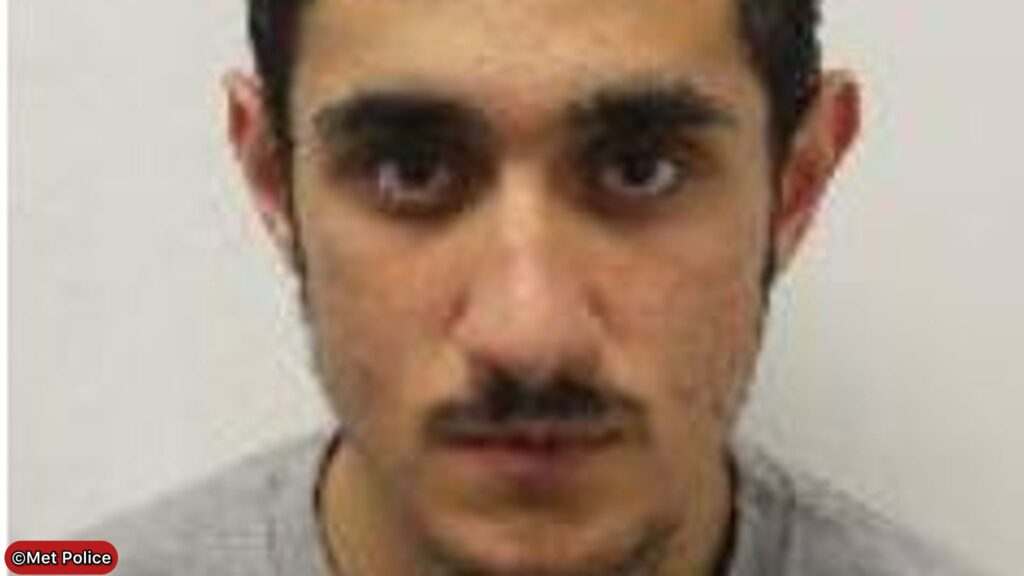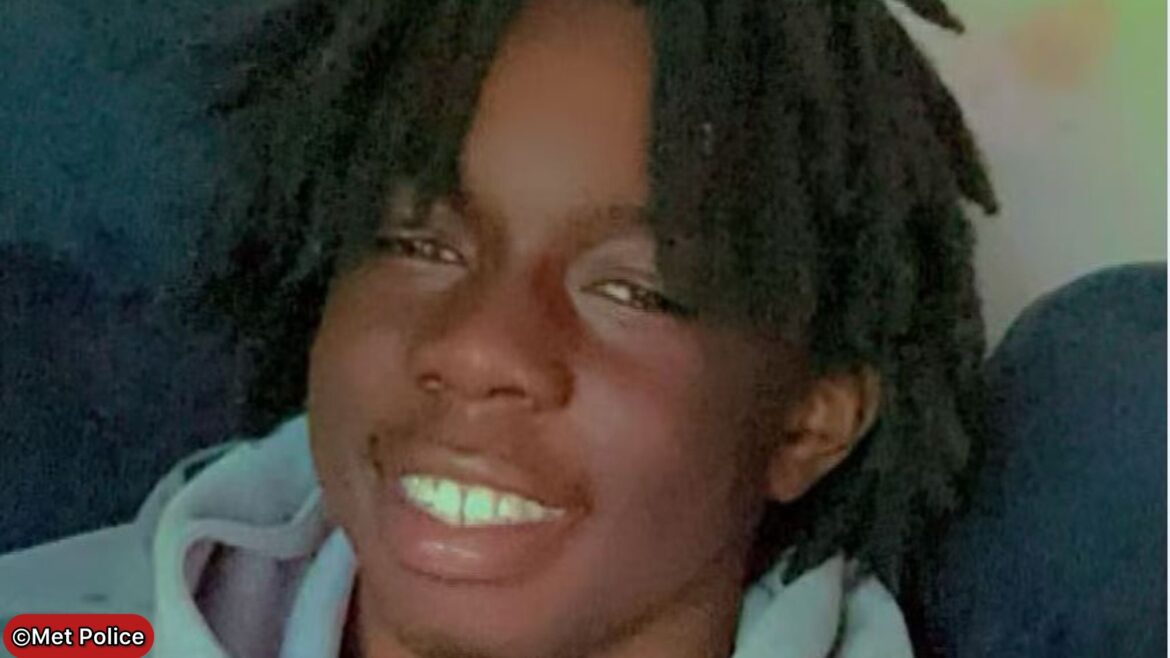Two teenagers have been jailed for stabbing a 15-year-old boy to death with a machete in south-east London. Imre Doue was found guilty in July of murder, and Marko Balaz was convicted of manslaughter over the fatal stabbing of Daejaun Campbell following a six-week trial at the Old Bailey.
Doue, who was 17 when he committed the crime but has since turned 18 and can now be named, was sentenced to a minimum term of 21 years in prison. Balaz, 19, from Abbey Wood in south-east London, was jailed for a minimum term of 11 years.
Daejaun cried out “I’m 15, don’t let me die” after he was ambushed in Woolwich on 22nd September last year, the court heard. He died from his injuries, which included two stab wounds and six superficial cuts.

Mother Says Death “Could Have Been Prevented”
Daejaun’s mother, Jodian Taylor, said his death could have been prevented had authorities listened to her concerns. She believes her son, whom she described as an “intelligent”, “fun” and “witty” teenager, was a victim of grooming.
“My biggest fear was to get that phone call that he was hurt. Instead, I am living my worst nightmare, that he is no longer here… he just died on the side of the road like a dog,” she said. “The bit that hurts is that it could have been prevented, because the authorities were aware.”
Ms Taylor’s testimony highlighted the devastating failure of safeguarding systems designed to protect vulnerable children from criminal exploitation. Her words reflected the anguish of a mother who attempted to save her son but felt ignored by those with the power to help.
Suspected Criminal Exploitation
Detectives investigating the unprovoked attack said a motive was never established, but they believe Daejaun could have been on Eglington Road that day because he was being exploited into selling drugs in the area.
Ms Taylor said this did not come as a surprise, because she had noticed a change in her son’s behaviour before his death. She said Daejaun went from being a sweet, caring child who doted on his younger siblings to a secretive teenager who was anxious to be seen out and about with his family.
She feared for the worst, and her mother’s intuition told her that her son may be at risk. The transformation in Daejaun’s behaviour represented classic signs of criminal exploitation, with vulnerable young people often groomed by criminal gangs to carry out illegal activities.
Desperate Pleas for Help Ignored
Ms Taylor said she started monitoring Daejaun closely, raised concerns to his school and even attempted to give up parental responsibility, hoping the local authorities would step in and save her son.
“I never thought I would have to make the call to ask for him to be removed. I never kept my son’s behaviour a secret,” she said. Her extraordinary decision to seek the removal of her own child demonstrated the desperation she felt and her belief that only intervention by authorities could protect him.
If parents believe their child is at risk of criminal exploitation, the local authorities’ children’s social services have a duty to investigate the safeguarding concerns and provide support. However, Ms Taylor said her concerns were dismissed and she was told that her son “didn’t meet the threshold”.
She said she only received a response to her calls for help the day after her son was killed. The timing of the belated response underscored the tragic failure of safeguarding systems that should have protected Daejaun.
Call for Focus on Prevention
“The focus should be more around prevention,” Ms Taylor said. “[When I] was asking for all the help to prevent what happened to my baby, that wasn’t given. But in his passing, I’ve had all these professionals coming to me now, offering me all the help. I am thinking, what’s the point now?”
Her comments highlighted a fundamental problem in how authorities respond to vulnerable children — intervening only after tragedy strikes rather than preventing harm in the first place. The abundance of support offered after Daejaun’s death stood in stark contrast to the lack of help when he was alive and at risk.
Justice Does Not Bring Peace
Despite the convictions of Doue and Balaz, Ms Taylor is not convinced that justice has been served. “The justice that they tell me I am going to get is not enough. Because the people who groomed him still get to live their [lives] as though everything is okay,” she said.
“They get to groom other people’s children to do their dirty work, and I get to sit here trying to figure out how I am going to live with this pain.”
Her words reflected the reality that whilst the teenagers who carried out the fatal attack have been imprisoned, those who may have exploited and groomed Daejaun into dangerous situations remain free. The criminal networks that prey on vulnerable children continue to operate, potentially putting other young people at risk.
Details of the Attack
The unprovoked attack occurred on Eglington Road in Woolwich on 22nd September last year. Daejaun suffered two stab wounds and six superficial cuts during the assault, which prosecutors described as an ambush.
His final words — “I’m 15, don’t let me die” — were heard by witnesses and reported to the court during the trial. The plea from a frightened child fighting for his life encapsulated the senseless tragedy of youth violence in London.
The six-week trial at the Old Bailey examined the circumstances of the attack and the roles played by Doue and Balaz. Whilst Doue was found guilty of murder, suggesting he struck the fatal blows or played the primary role, Balaz’s manslaughter conviction indicated a lesser but still significant involvement in the killing.
Wider Context of Youth Violence
Daejaun Campbell’s death forms part of a broader pattern of knife crime and youth violence affecting London and other British cities. The exploitation of vulnerable teenagers by criminal gangs to carry out drug dealing and other illegal activities has become an increasingly recognised problem.
The case raises urgent questions about how safeguarding systems can better identify and protect children at risk of criminal exploitation. Ms Taylor’s experience of being told her son “didn’t meet the threshold” for intervention suggests that the criteria for action may be set too high, leaving vulnerable children unprotected until it is too late.
The involvement of a machete in the attack also highlights concerns about the availability of dangerous weapons and the willingness of some young people to carry and use them. Daejaun’s killers were themselves teenagers, reflecting how youth violence perpetuates cycles of harm within communities.
Follow for more updates on Britannia Daily.



